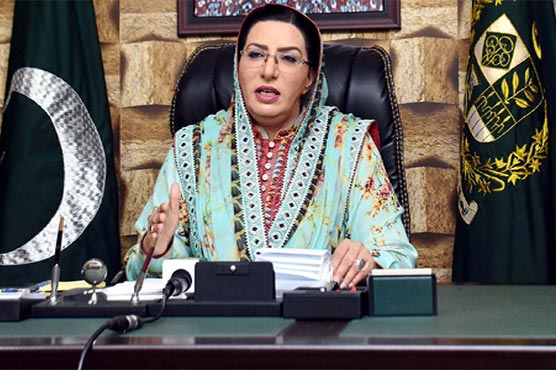Alexan-der the great thought he was indispensable. So he said to his commanders after the conquest of Persia.
“How will the world look like after I am gone?” he asked General Salukis, his second-in-command.
“With you will die Alexander, the dream of the world having one flag, one law and one king,” replied Salukis.
Alexander died. But the world lives on. As do the dreams of conquering it.
The graveyards all over the world, from Caesar’s Rome to Ayub Khan’s Pakistan, are full of indispensable men. History books too are full of them. Countless among them are those who were lost to the memory of even their descendents.
Will General Yahya Khan be remembered except in the context of the dismemberment of Pakistan? And General Zia-ul-Haque, except as the executioner who hanged Bhutto?
In the defense of the indispensability of Yahya Khan and Zia-ul-Haq, it can be said that without them the Quaid’s Pakistan and Pakistan’s Prime Minister could not have been hanged with such imperially glorious unconcern. But there is no point in being cynical. The meanings of indispensability vary from person to person, and situation to situation. My chauffeur regards himself indispensable, because I don’t drive.
Wasi Zafar considers himself indispensable, because only he can prove lawful what others regard disfigurement of law.
Time is most notorious for its ruthlessness. It shows no mercy while burying even those men whose indispensability was sung as a chorus by their cronies and protégés.
(First publish on
28-03-2007)
- Latest
- Trending




